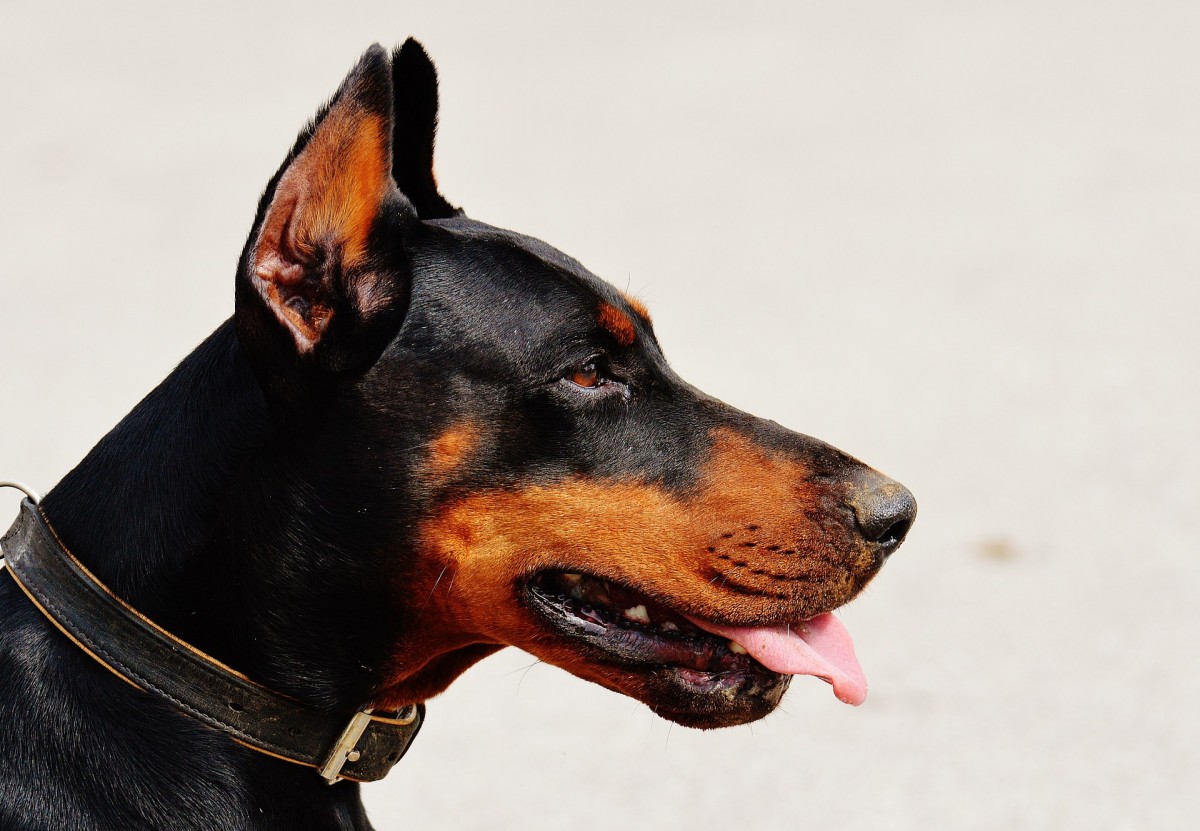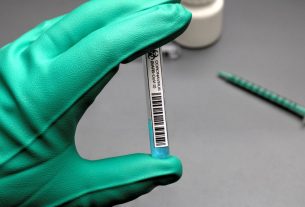Four sniffer dogs have been deployed at Helsinki airport to detect COVID-19 as part of a pilot project.
Researchers at the University of Helsinki, who are overseeing the scheme, flagged in a statement released on Thursday that specially-trained “corona dogs” have a success rate of sniffing out the deadly virus ranging from 94 to 100 per cent depending on the dog.
Dogs can also detect coronavirus from a significantly lower amount of virus than the commonly-used PCR tests and are much quicker in doing so.
Testing of passengers and airport staff is to be done on a voluntary basis. In order to not spook the animals and to reduce risks for people who might be allergic to dogs, testing will be conducted via sample.
Passengers and staff will take a skin swipe, drop the sample in a container which will be handed over to a trainer across a wall where the dog will sniff the sample. If the result is positive, the passenger will then be directed to the Helsinki University Hospital’s health information station for further instructions.
Dogs, thanks to their extremely sensitive olfactory sense, have been found to sniff out COVID-19 in people very easily and so training them is relatively fast — it can take just a few hours.
They’ve also be found to identify the virus in asymptomatic people, days before the onset of symptoms which laboratory tests cannot do.
Researchers believe that if successful, the pilot scheme could lead to “corona dogs” being deployed in a variety of settings such as nursing or retirement homes and customs and other border points. They could also be used to test medical care sector professionals and thus help avoid non-necessary quarantine.
Susanna Paavilainen, CEO of the Nose Academy Oy, which is responsible for the training and operation of the dogs, highlighted that the risk to the animal is minimal.
“It is often asked if a dog can catch coronavirus. According to studies, dogs lack the receptor to which the coronavirus attaches,” she said.
euronews.com
pixabay


















